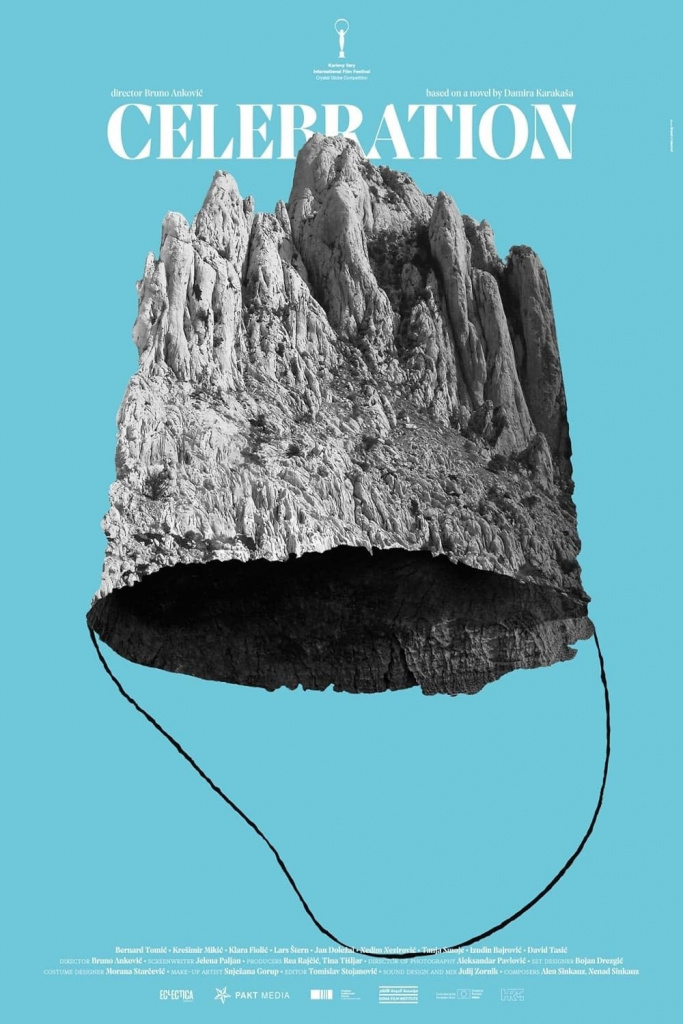Editor’s choice 2024: A round-up of recommendations from the team behind Lossi 369 min read
As the year slowly comes to an end, the team behind Lossi 36 has come together to share their recommendations for insightful books, enthralling albums, and captivating movies on Central and Eastern Europe, Russia, the Caucasus, and Central Asia.
Lossi 36 wishes you a happy new year!

Xandie (Alexandra) Kuenning, Editor-in-Chief
Book Recommendation
In the Labyrinth by John David Morley (1986)
Prisoner 6413, formerly known as Josef Pallehner, was once a leading businessman in the German community of Preßburg (Bratislava). Following the end of World War II, Pallehner is arrested by the new Czechoslovak state, and spends six years trying to understand how, as just a man doing good business, he ended up being transferred from prison to prison with no end in sight. Based on months of interviews with Pallehner, John Morley’s semi-fictional narrative makes for a fascinating, if sometimes horrific, look into what it means to by guilty, and who makes that ultimate decision. It is also a testimony to how easy it is to put the blame on others and excuse one’s own actions.
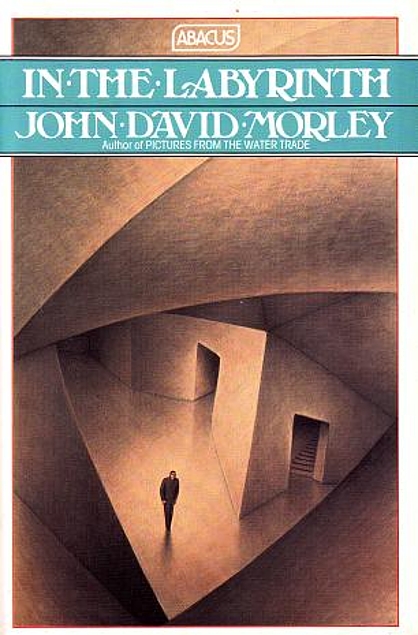
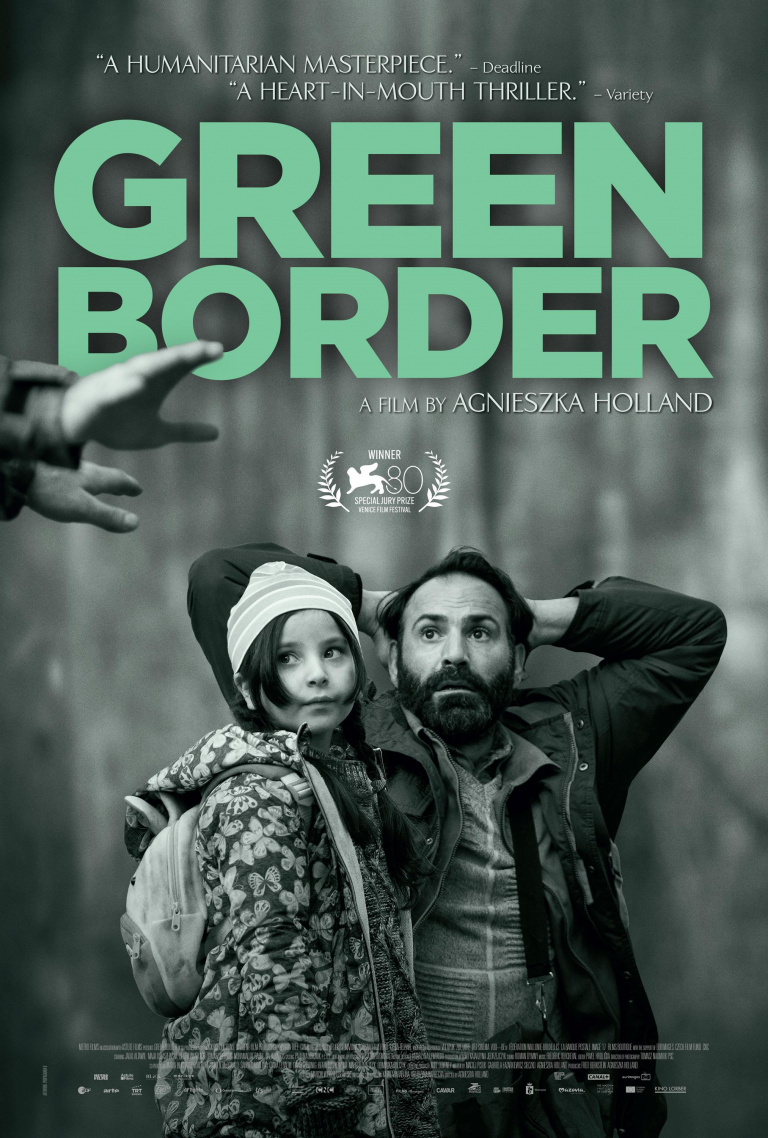
Film Recommendation
Green Border directed by Agnieszka Holland (2023)
A dramatised account of the plight of migrants caught on the Belarus–Poland/European Union border, this heart-rending film is a must-see. Director Agnieszka Holland masterfully weaves three narratives together: the three generations of a Syrian family fleeing conflict, the young Polish border guard and soon-to-be father trying to create a stable home for his family, and a group of Polish activists trying to help the refugees caught in the middle of a political game enacted by Belarusian dictator Alexander Lukashenko. It is telling that Polish officials did not appreciate the film and what it depicts. Gut-wrenching and emotional, it should be mandatory viewing for anyone wondering what the true cost of borders is.
Lukas Baake, Deputy Editor-in-Chief

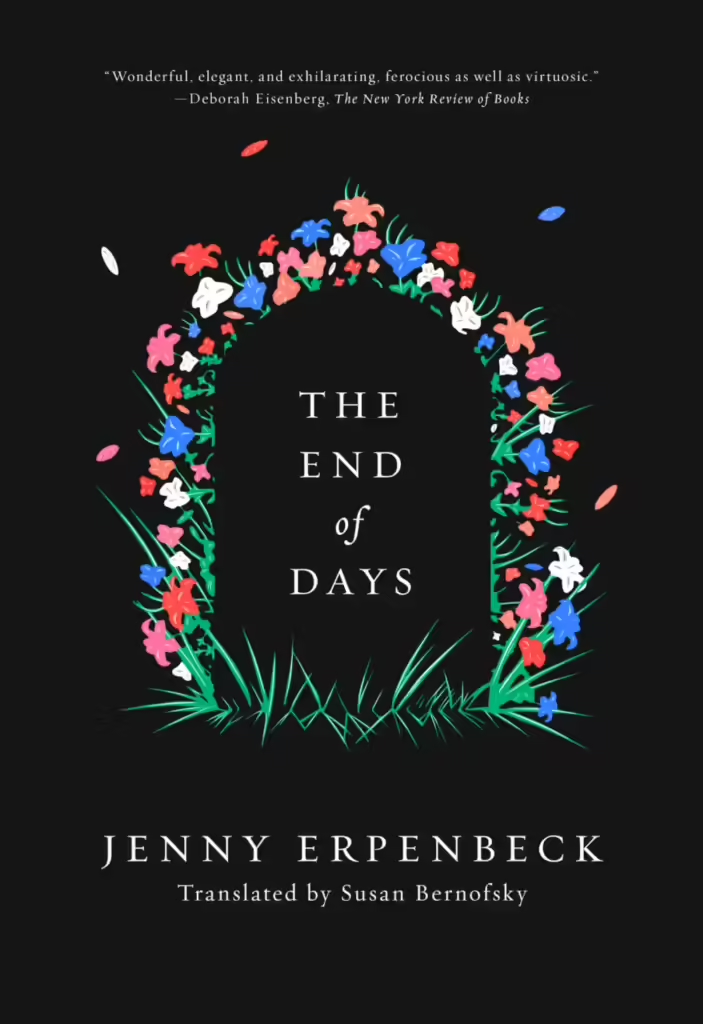
Book Recommendation
The End of All Days by Jenny Erpenbeck (2012)
Although Erpenbeck’s name once again made headlines after receiving the International Booker Prize for Kairos this year, it was one of her earlier, epic works, which found its way into my reading list. Comprising the convulsions of one century, the narration follows the twisted life of its protagonist from late Habsburg Jewish life over Stalinist Moscow the to post-war East Germany. Erpenbeck’s work provides a deep meditation on contingency and historic determination by leading the protagonist to multiple premature deaths only to let her counterfactually resurrect in the following chapters. What emerges is a spellbinding, poetic tableau of the last century and a vivid reflection on the multitude of possibilities life holds.
Thijs Korsten, Deputy Editor-in-Chief

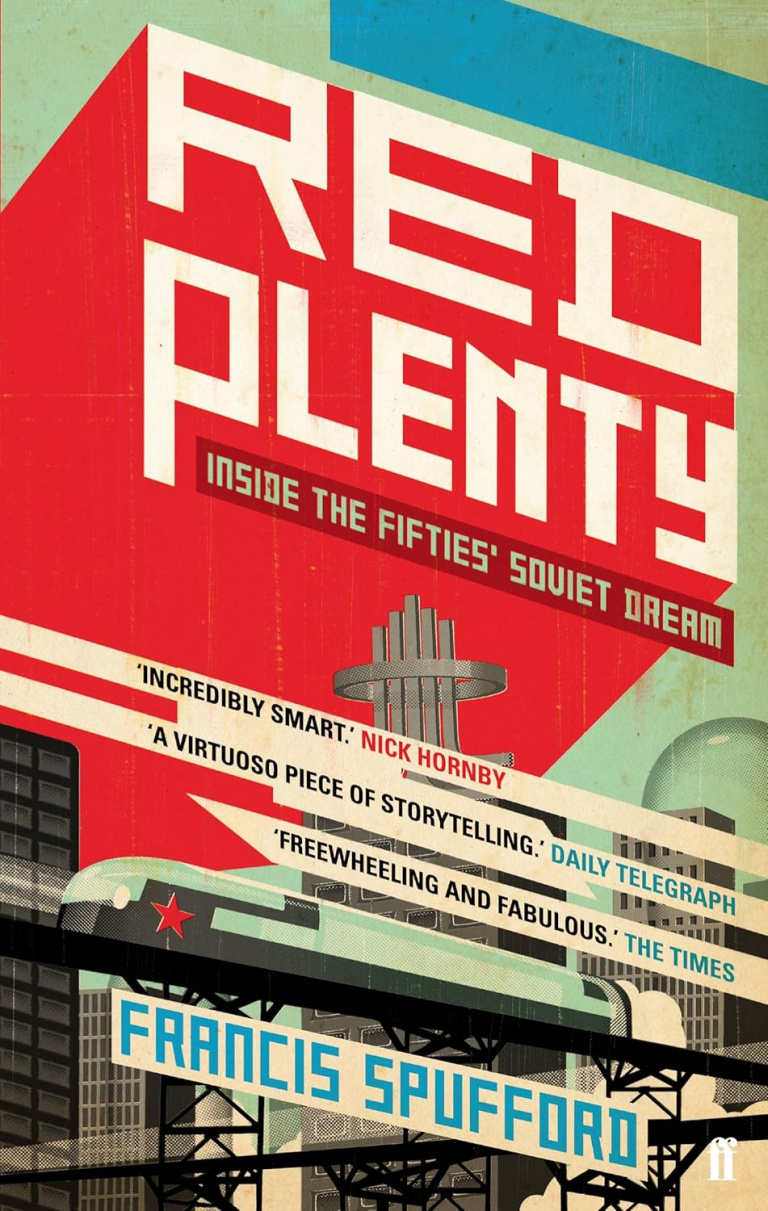
Book Recommendation
Red Plenty: Inside the Fifties’ Soviet Dream by Francis Spufford (2010)
Red Plenty is a collection of witty stories about the day-to-day lives of invented characters — who did not exist, but could have — during the zenith of the Soviet experiment: mathematicians, economists, and apparatchiks. Perhaps the best story is about Zoya, a 31-year-old fruit-fly biologist who moves to Akademgorodok, the academic city outside Novosibirsk, where she meets Kostya, a young boisterous economist, who explains that the campus functions like an island — “not a real island, a conceptual one; as if we were living just offshore of what is, a little way out on the water towards what might be.”
Album Recommendation
Belaya Polosa by Molchat Doma (2024)
Molchat Doma’s newest album lives up to expectations, combining the trustworthy sound of post-Soviet darkwave with more melodic elements. Seeing the Belarusian band perform live in Antwerp was a highlight of the year for me.
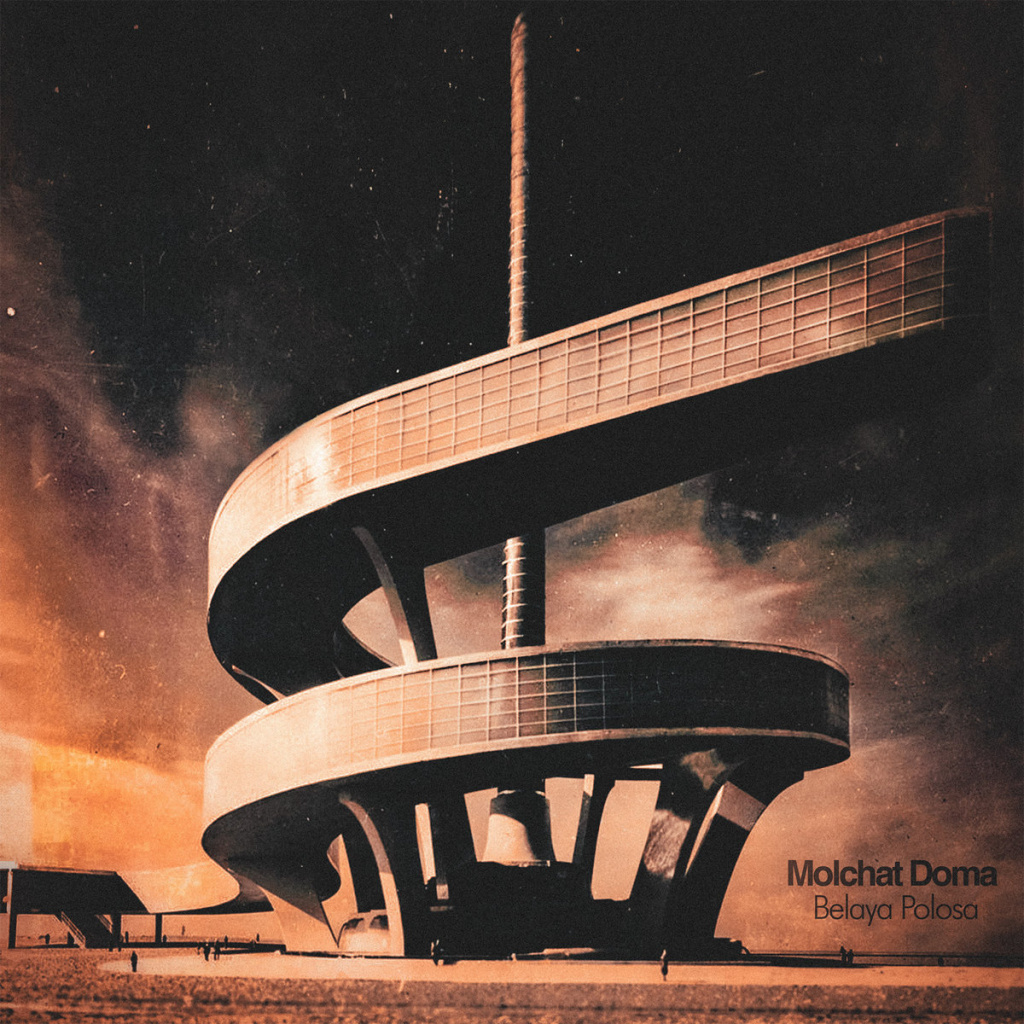

Maja Soomägi, Baltics Regional Editor
Film Recommendation
Slow directed by Marija Kavtaradzė (2023)
The film that left the biggest mark on me this year is Marija Kavtaradzė’s film, Slow. And not only the film itself, but also the soundtrack, which even made it onto my Spotify Wrapped this year. It is a beautifully shot, tenderly depicted story about the relationship between Elena, a dancer, and Dovydas, a sign language interpreter hired to help Elena with her dance classes. Beautiful Lithuanian environments interspersed with movement and warm moments provides for a compelling film experience.
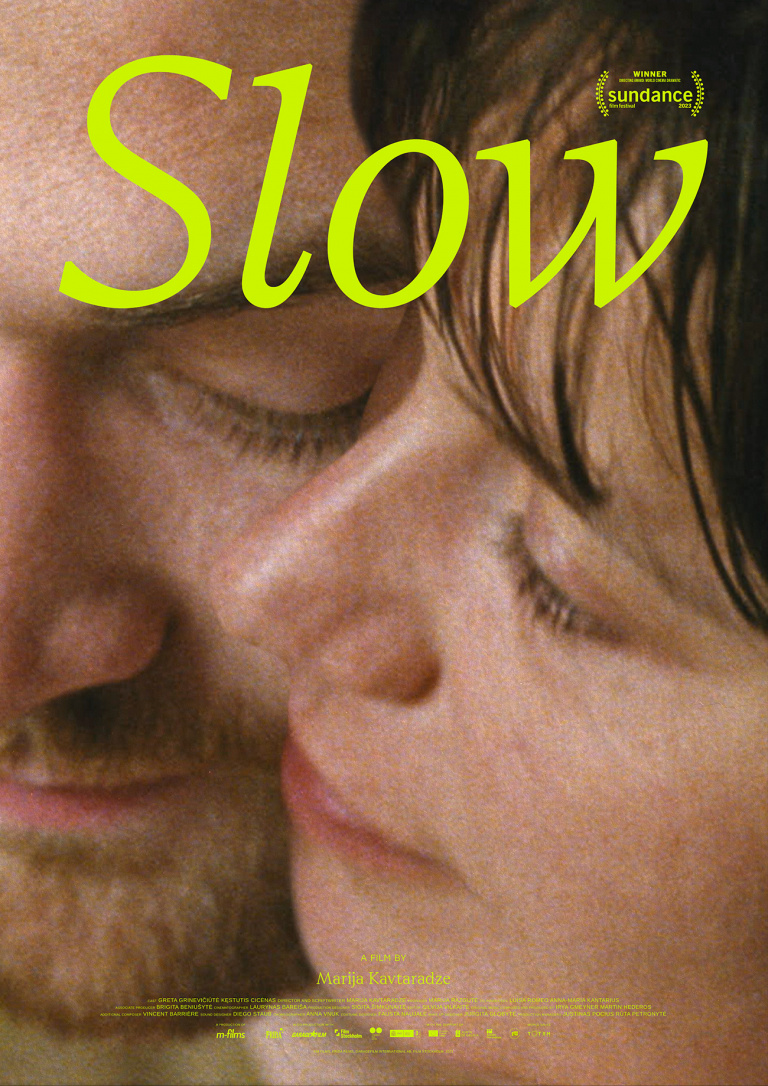
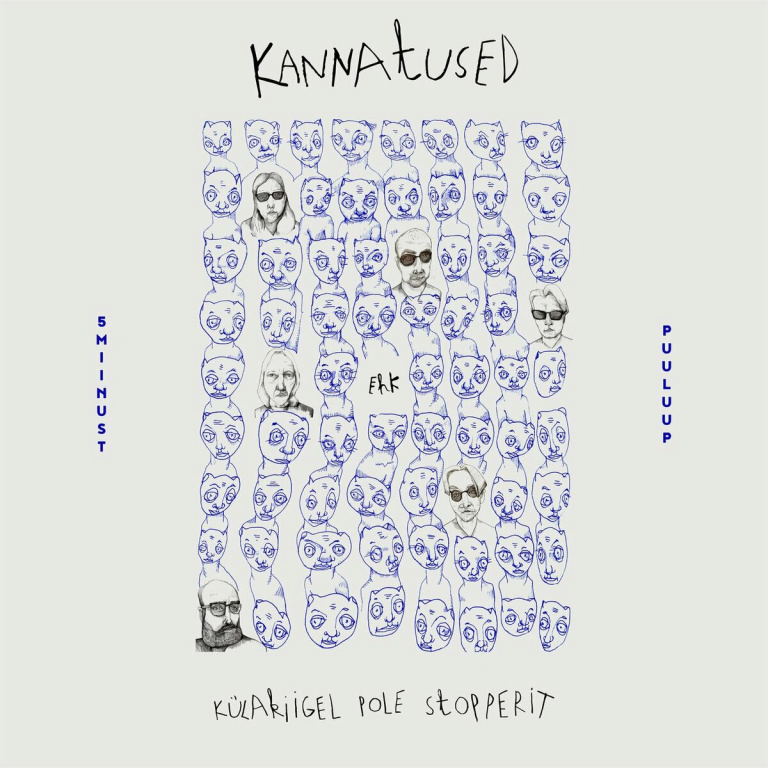
Album Recommendation
kannatused ehk külakiigel pole stopperit by 5MIINUST & Puuluup (2024)
Estonia’s 2024 Eurovision entry, a collaborative song between the hip hop group 5MIINUST and folk duo Puuluup, is featured on this album by the two music groups. Merging hip hop and folk, traditional instruments and provocative lyrics, this album provides a soundtrack that works well both on a run and around a bonfire. I have really enjoyed the recent folk music renaissance, not least including the Ukrainian band Go_A, and this album is another great example showcasing why folk music should be combined with modern genres.
Liam Martin, Caucasus Regional Editor

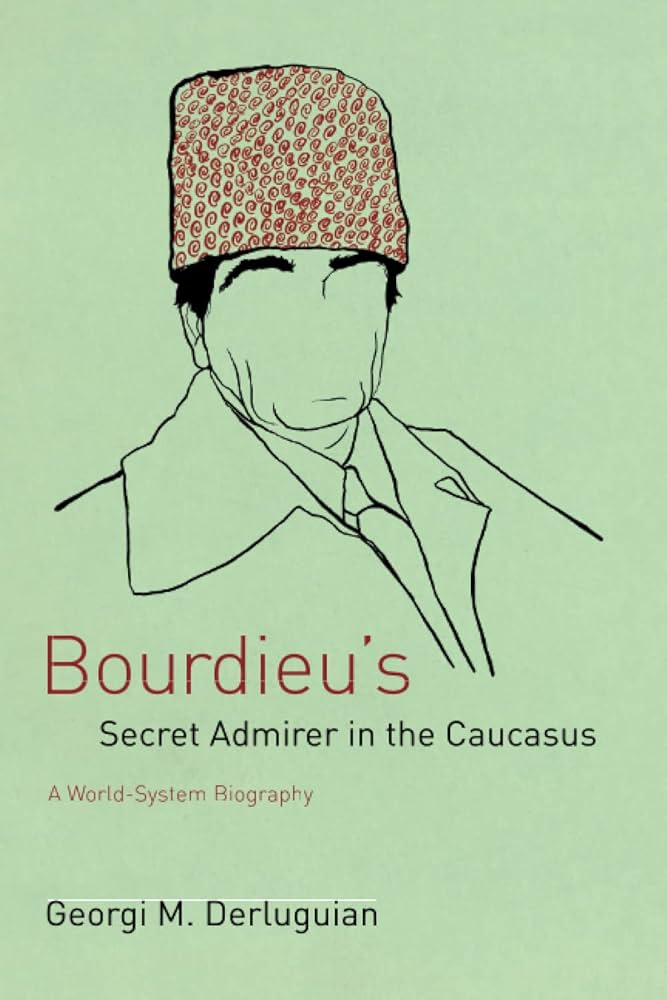
Book Recommendation
Bourdieu’s Secret Admirer in the Caucasus by Georgi M. Derluguian (2004)
Georgi Derluguian’s Bourdieu’s Secret Admirer in the Caucasus is an older but must-read title. Derluguian masterfully weaves the small eccentricities and interests of a single consequential man from the North Caucasus into a comprehensive analysis of the Soviet Union’s fall. The reconstruction of protagonist Musa Shanib’s life through this time period demystifies both the time and place to its readers, ascribing the broader conflicts in which he participated to real structural factors, viewed through the prism of Shanib’s own struggles and life encounters.
Ariadna Mañé, Central Asia Regional Editor


Book Recommendation
The Day Lasts More Than a Hundred Years by Chinghiz Aitmatov (1980)
This one-day fictional story, set in the Kazakh steppe in the 1950s, reflects on life during and after the Stalinist regime. The protagonist recounts his life while traversing the steppe to find a friend, mixing in elements of folklore and even science fiction. The book is a Central Asian classic, written by Kyrgyzstan’s most beloved author, with very high quality prose and style, available translations into many languages, and an insight into turbulent times gone by.
Evangeline Moore, Central Europe Regional Editor

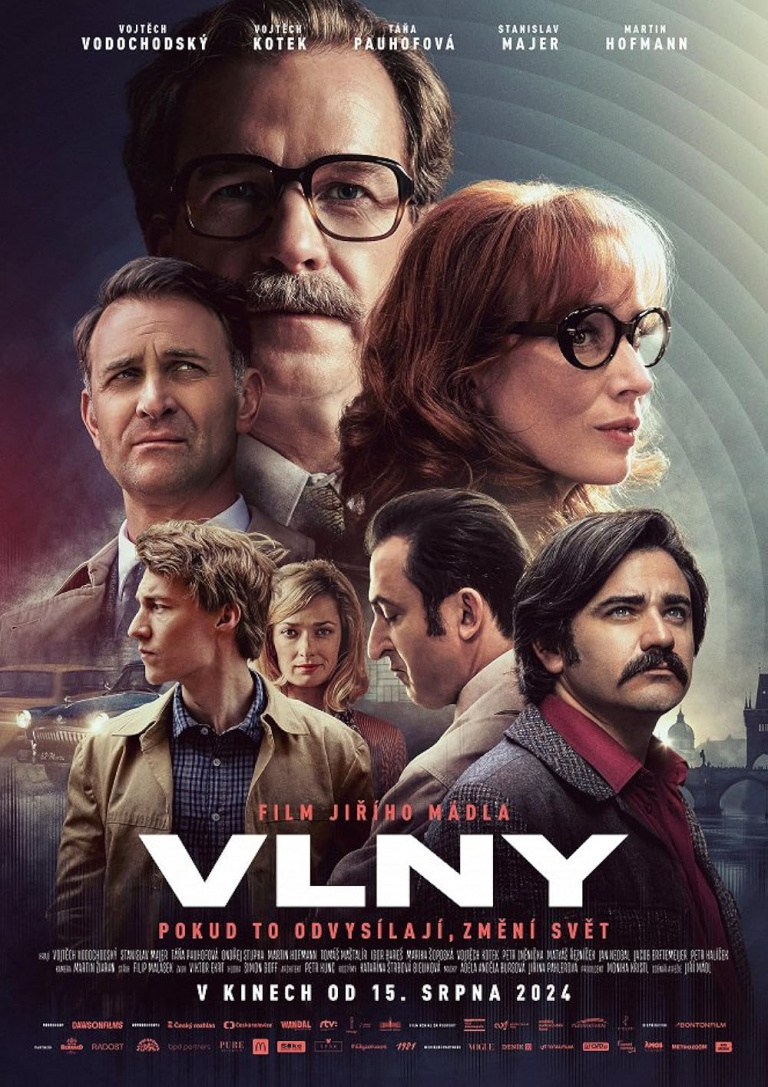
Film Recommendation
Vlny (Waves) directed by Jiří Mádl (2024)
The release of Vlny (Waves) was a sensation in Czechia this year. I first heard about the film when a colleague was raving about the premiere, then proceeded over the following weeks to receive recommendations from other colleagues, close friends, distant friends, and elderly neighbors. Once I saw it, I too began recommending it to people I’d never shared films with before. Vlny is inspired by the actual story of a group of journalists at the Czechoslovak Radio during the Prague Spring and their fight to keep reporting the truth as doing so becomes impossible. It is a very Czech film in its tone, style, and evocation of national symbols, but its themes and struggles are resonantly universal.
Liza Zolotarova, Eastern Europe Regional Editor

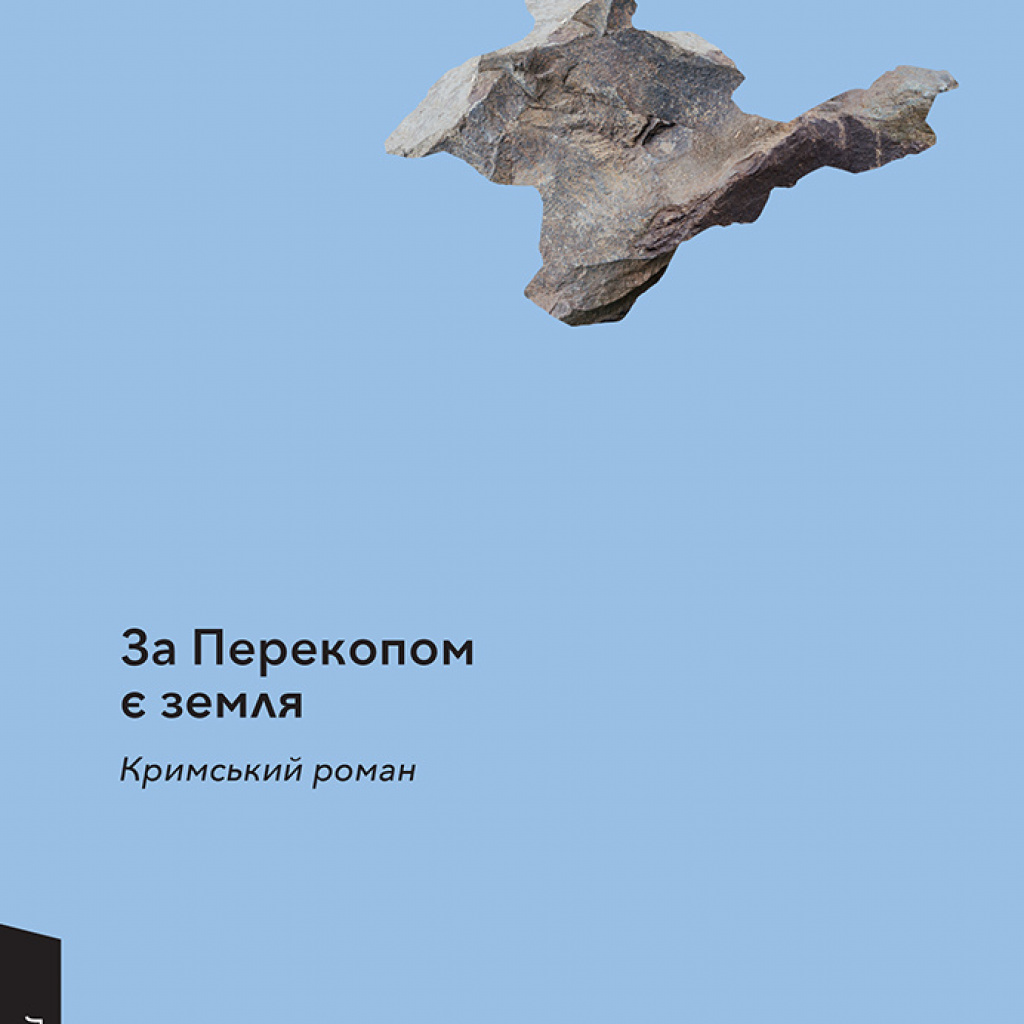
Book Recommendation
There is a Land Beyond Perekop: A Crimean Novel by Anastasia Levkova (2023, Ukrainian)
Among the most-read books in Ukraine in the last two years, There is a Land Beyond Perekop is the first novel that weaves together the lives of the Ukrainian mainland with Crimea — for a long time seemingly distant to each other and mutually misunderstood. Anastasia Levkova’s characters ask important questions about belonging, language, identity, civil community in Ukraine, and touch some of the unreflected Soviet legacies which shape the present. For many, this will be the first encounter with the Crimean Tatar language and its legacy in Ukraine.
Book Recommendation
Azerbaijani Nationalism by Orkhan Valiyev (2023, Turkish, Azerbaijani, and Persian)
In this monograph, Orkhan Valiyev evaluates the process of the formation of Azerbaijani republicanism in the context of the nationalist movement, notably lead by Mirza Fatali Ahundzade, Ali Bey Huseyinzade, and Mehmet Emin Resulzade. With a more theoretical approach, rather than historical, the book explores the nation-building and state-building processes of Azerbaijan from 1850 to 1920 using Miroslav Hroch’s “small nation” theory as a framework, where “small nations” are those lacking a national elite, a common language, and an established nation-state. With its limitations, the book provides a unique analysis of nation-building in Azerbaijan and sets ground for further critical discussion on the topic.
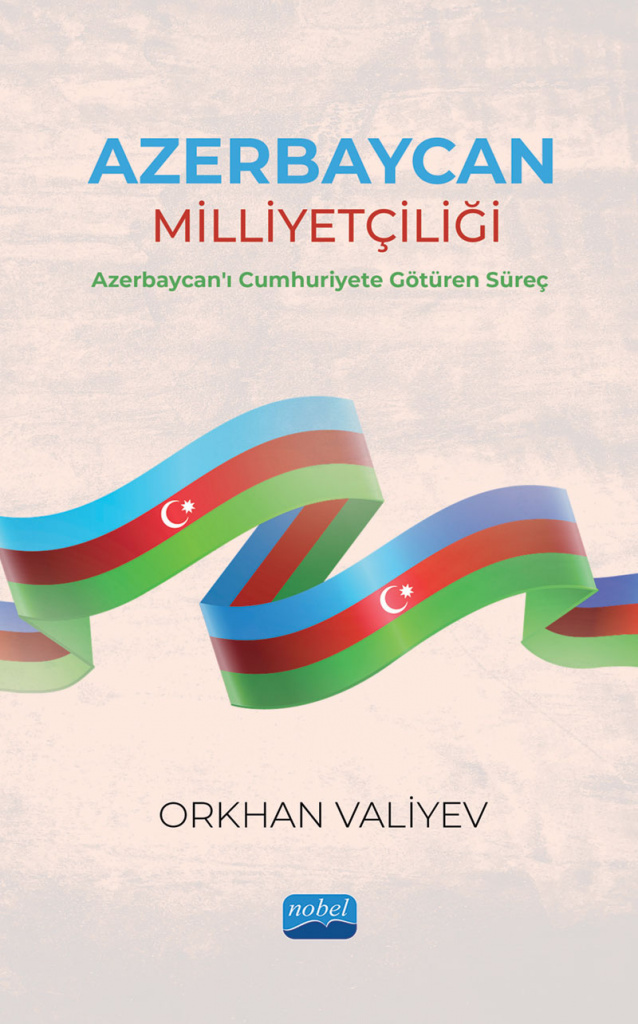

Jack Strosser, Russia Regional Editor
Book Recommendation
Economic War: Ukraine and the Global Conflict between Russia and the West by Maximilian Hess (2023)
Hess’ Economic War lays bare the financial plumbing through which geoeconomic conflict boils between the West and Russia. Part I contextualises the political-economic background of Ukraine’s 2013 Revolution of Dignity and the responses of Moscow and Western capitals, focusing a great deal on energy politics. Part II then begins with the full-scale Russian invasion of Ukraine in February 2022, examining the geoeconomic reverberations of the war. The book is an indispensable roadmap for anyone interested in the financial and energy ramifications of Russia’s rogue-state turn.
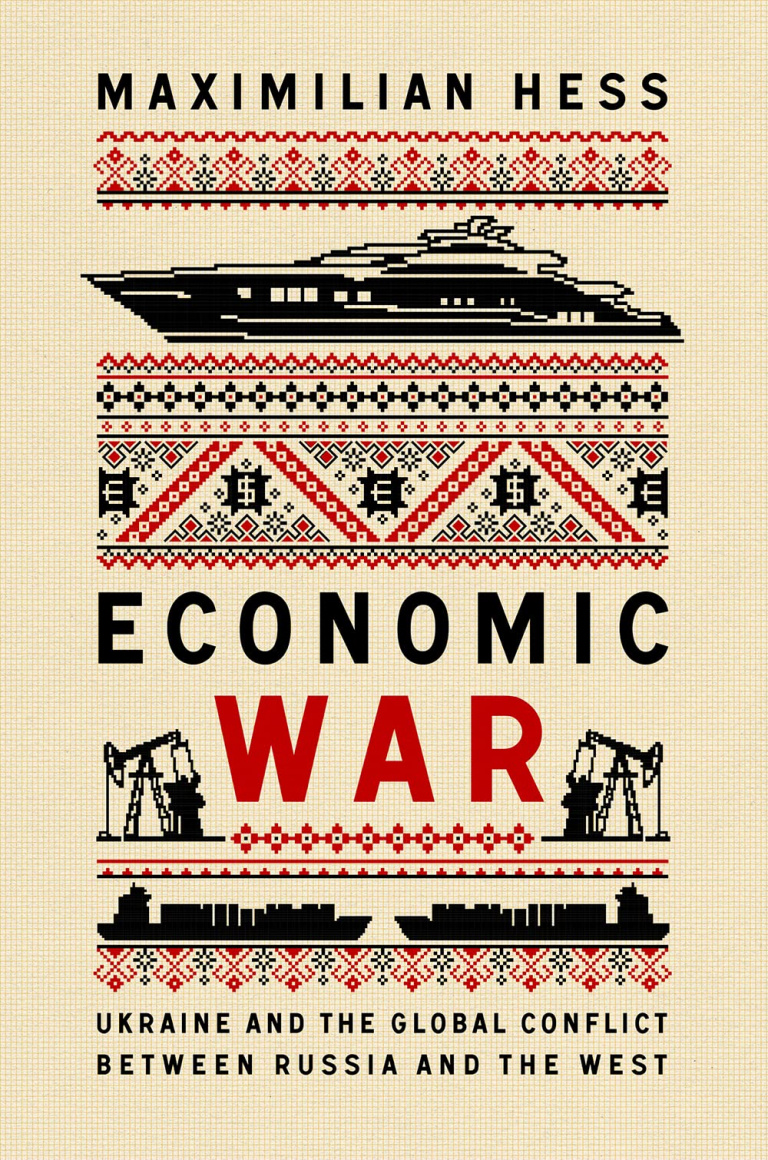
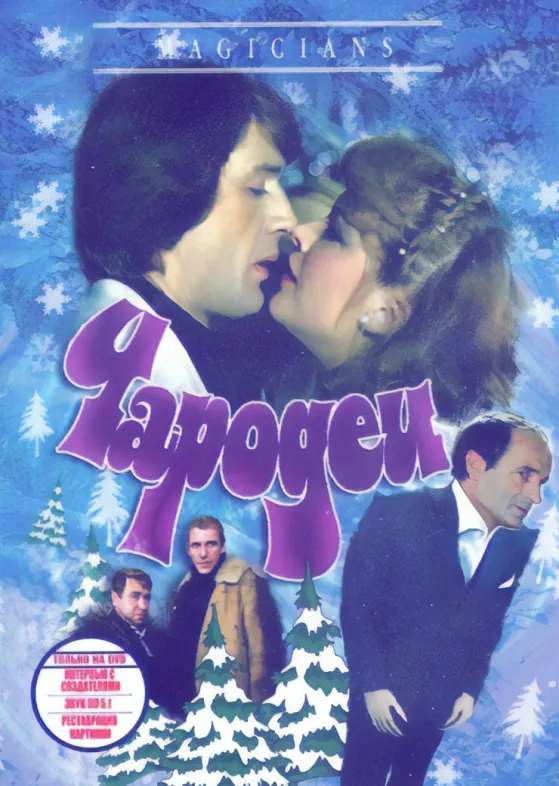
Film Recommendation
Чародеи (Magicians) directed by Konstantin Bromberg (1982)
For anyone who needs a break from the yearly Ирония судьбы, или С лёгким паром! (Irony of Fate, 1975), Чародеи (Magicians, 1982) is a much less melodramatic (and existentially serious) viewing experience. Originally released on Soviet TV, Чародеи gives an insider look into a well kept secret of the Soviet state: the Scientific Universal Institute for Special (i.e., magical) Services, abbreviated as НУИНУ in Russian. Unfortunately, after 1991, government funding dried up, so the НУИНУ no longer exists. This movie is lighthearted, funny, and assuredly does not take itself seriously. Watch it for free on YouTube.
Mia Uremovic, Southeastern Europe Regional Editor

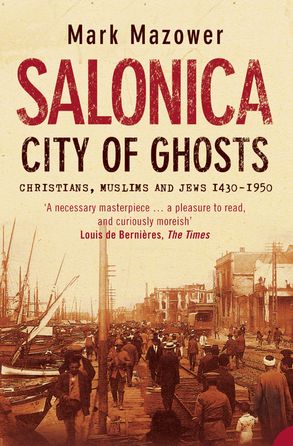
Book Recommendation
Salonica, City of Ghosts: Christians, Muslims and Jews 1430-1950 by Mark Mazower (2004)
Salonica, Solun, Saloniki, Thessaloniki — founded by Philip II of Macedon and named after Alexander the Great’s sister, the city has for centuries been a metropolitan meeting point for people of various religions and ethnicities. In his book, Mark Mazower presents an impressive depiction of the diverse and melting-pot nature so commonly found in the Balkans. Although the book is turning twenty, it’s a great choice for anyone making their way to Thessaloniki or those curious about Greek history that goes beyond antiquity.
Film Recommendation
Proslava (Celebration) directed by Bruno Anković (2024)
Lika, Croatia, in the aftermath of World War Two. Mijo, a local who fought on the losing side in the war, is hiding in the forest overlooking his village, unable to return home. Depicting three key moments in his life over the span of twenty years, Proslava (Celebration) quietly builds the story to its titular moment and a dark period in Croatia’s modern history — a warning sign in today’s social climate.
*Honorable mention: Čovjek koji nije mogao šutjeti directed by Nebojša Slijepčević
Shortlisted for the Academy Award for Best Live Action Short Film, The Man Who Could Not Remain Silent is the true story of a man standing up to abject injustice in a time when very few would have dared to do the same.
